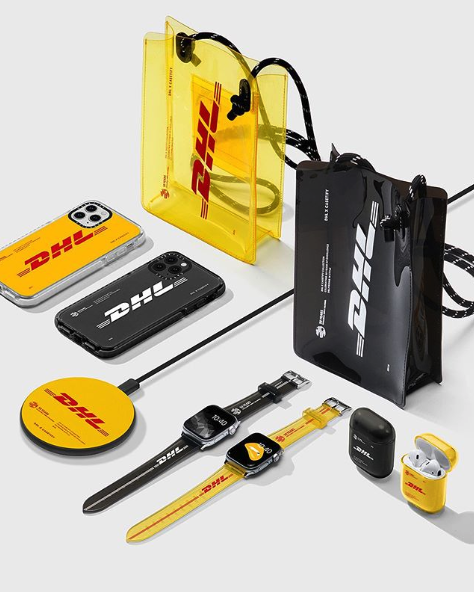The coronavirus pandemic has impacted almost every startup and corporate in the region. Wesley Ng, founder of tech accessories company Casetify, shares some tactics he's used to survive the first half of 2020
The coronavirus fallout has left companies reeling and stock markets widely volatile, with few countries and companies spared. In the US, industry giants such as retailer J Crew and luxury department store chain Neiman Marcus have recently filed for bankruptcy. So how has tech accessories company Casetify managed to navigate the Covid-19 pandemic?
The answer: SARS.
SARS, or severe acute respiratory syndrome, hit Hong Kong in 2003. The outbreak spread rapidly through the city, killing 299 of the 1,755 people it infected. Lasting around a year, the virus scarred the city and served as forewarning for Casetify co-founder Wesley Ng of the threat that rapid-spreading viruses can pose.
“SARS hit the same year I moved back to Hong Kong,” Ng says. And while the two viruses pose different threats, both had parallels when it came to business implications. “So I knew what it was and I knew what it was like. That’s why we took it so seriously when Covid-19 was just breaking out back in January,” he says. “And that helped us a lot. It kept us a few steps ahead.”
The company, founded in 2011, has grown into a leading global brand for stylish tech accessories. Tapping into the millennial market, Casetify has built a social media presence of over 2 million followers and is known for its quirky collaborations with celebrities and big-name brands like Pokemon, DHL and Coca-Cola.
Since day-one, Casetify has built its success on the back of social trends. “I was an Instagram addict back then, and I thought, wouldn’t it be great if I could turn all these Instagram pictures into customised phone cases? That’s how it all got started,” says Ng.

